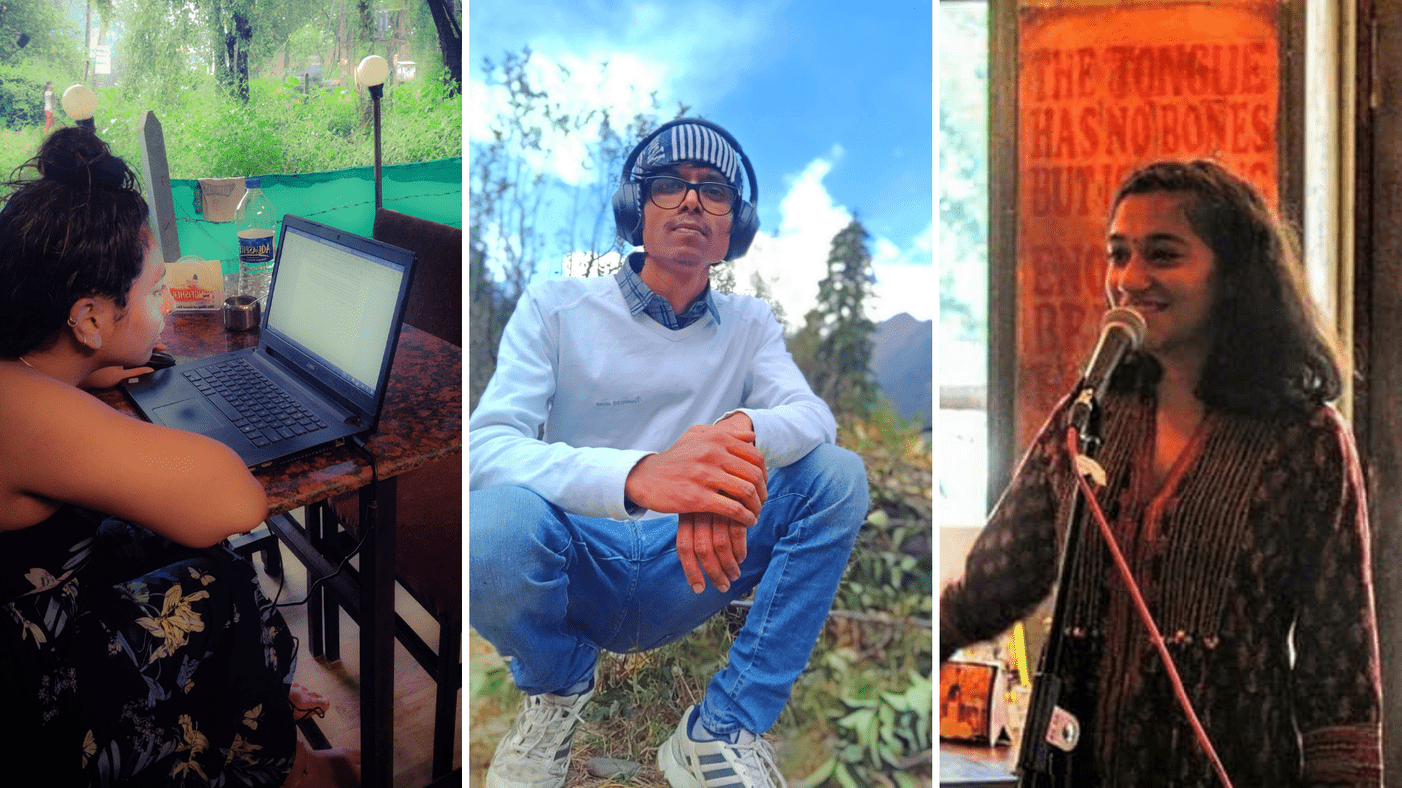Recently, Collins Dictionary declared ‘lockdown’ the word of the year.
One of the many consequences of lockdown across the world has been mass unemployment. Reports say that India will take years to recover from the unemployment crisis caused by COVID-19.
And then there are many who quit their jobs willingly during the pandemic.
Misbah Quadri, 30, announced her decision to quit her well-paying job in the middle of the pandemic on social media. A senior account manager at Dentsu Aegis Network in Mumbai, Quadri and moved to Goa to start a PR venture called Minerva.
In her words, she received “an overwhelming response”. Her LinkedIn post has 25,000 reactions and a comment section full of good wishes.
According to her, the pandemic was “the biggest catalyst” in deciding this move. Otherwise, she said she would have likely only taken the step some five or ten years down the line. While working from home, she was pushed beyond her limits, blasting any semblance of a work-life balance to smithereens. The uncertainty and anxiety of it all began taking a toll.
Quadri also began to think about how there are so many small brands who do good work but get no time in the spotlight because of low budgets.
“There are times when your client can not afford a campaign, but they deserve it. But you must play by the rules of the corporate you are associated with. Agencies charge you a bomb for a very basic plan. I wanted to make PR accessible,” explains Quadri. She is now working out of Goa with her team of two other women.
Sumit Roy*, 25, who worked at a digital media company, had other reasons to quit.
Also read: How COVID-19 is Hurting the Aspirations of Young, Broke and Skilled Indians
For him, the work environment was getting toxic and there was unprecedented pressure. Whenever he talked to his friends and family about leaving his job, he was advised to not take the step. He had reached a breaking point, but finances were important.
His elder sister had also lost her job at the beginning of the pandemic. In that period, he was the only earning member of the family.
“Then one morning, on a Zoom call, Didi overheard my manager shouting like crazy and that’s when she told me that I must quit,” Roy says. Fortunately for Roy, he got another job immediately.
Nikesh Pandian, 26, a creative brand analyst at film production house in Bangalore, faced a 50% pay cut. But his expenses in the city remained still the same. So he came back to Delhi and started working from home. Within a month, his company started asking questions regularly about when he planned to return to Bangalore.
That, combined with the recognition that his parents needed company, made Pandian decide not to go back. “My priority was that I stay in Delhi because I could see that my parents needed my company, especially my mom. I decided that I should be with them at a time like this,” said Pandian. Returning to pay rent, electricity and other bills with only half the salary did not look like a great prospect anyway.
Now, he is freelancing, enjoying some time off and working to virtually build his elder brother’s recently launched business.
Ravleen Kaur Chawla, 22, is resigning from her first job as a copywriter this month. She has worked for a little over a year and a half at a national radio channel.
Like many, for Chawla too, the pandemic led to introspection. Apart from fatigue and burnout, she surmised that what she is doing right now is not what she necessarily wants to do in the future. For now, she is planning to work on personal passion projects, read and write, and consume conscientiously so that she can take an informed decision about her next step.
While her friends were on board with her idea, her family took some convincing. “Thankfully, I am in a situation where I can afford to take a break and I understand that it comes from a place of privilege. Now when I can afford to do so, I’d like to take time and make a deliberate decision about what I want to do next,” says Chawla.
The pandemic has affected us all in different yet similar ways. There has been a collective realisation that seems to prevail – if the world is so unpredictable and our lives so uncertain, then why not just do what you really want to do?
*Name has been changed on request.
Vandita is 23-year-old and is fascinated by stories. She switches between writing articles, doodling and making movies on SDGs and other issues that affect people.
Featured image credit: provided by the interviewee

